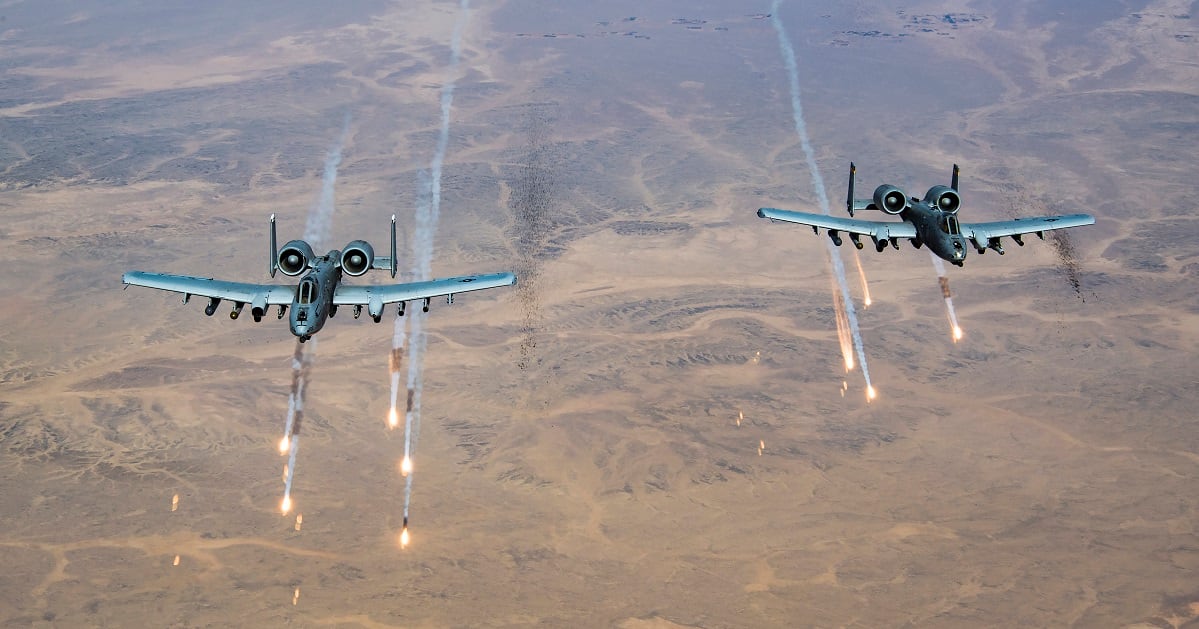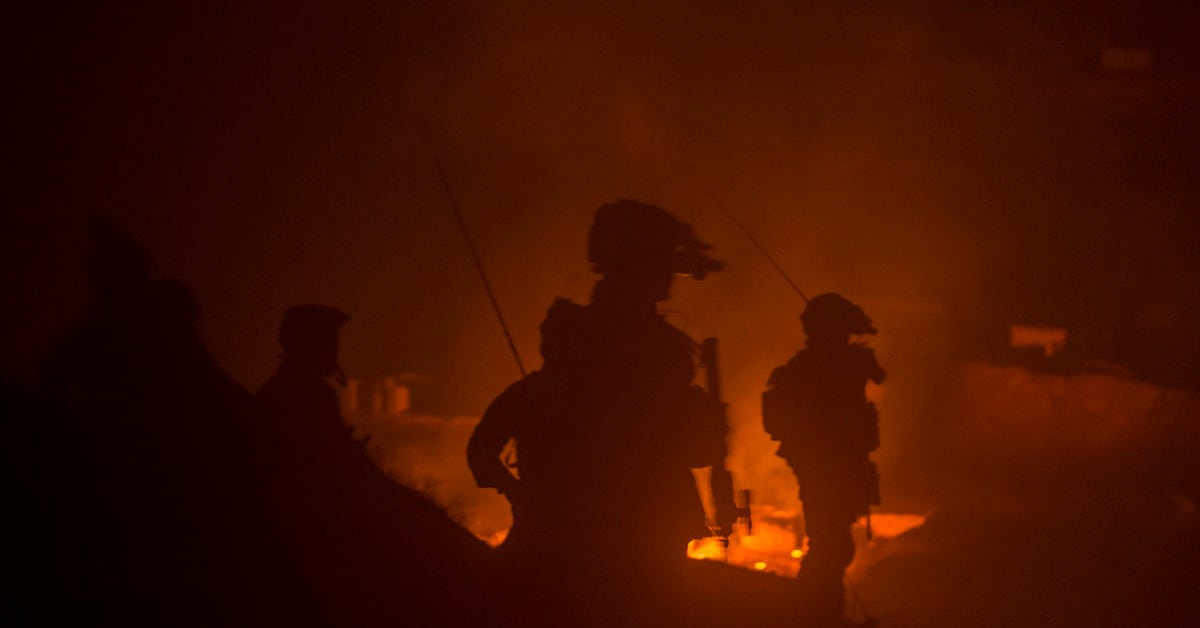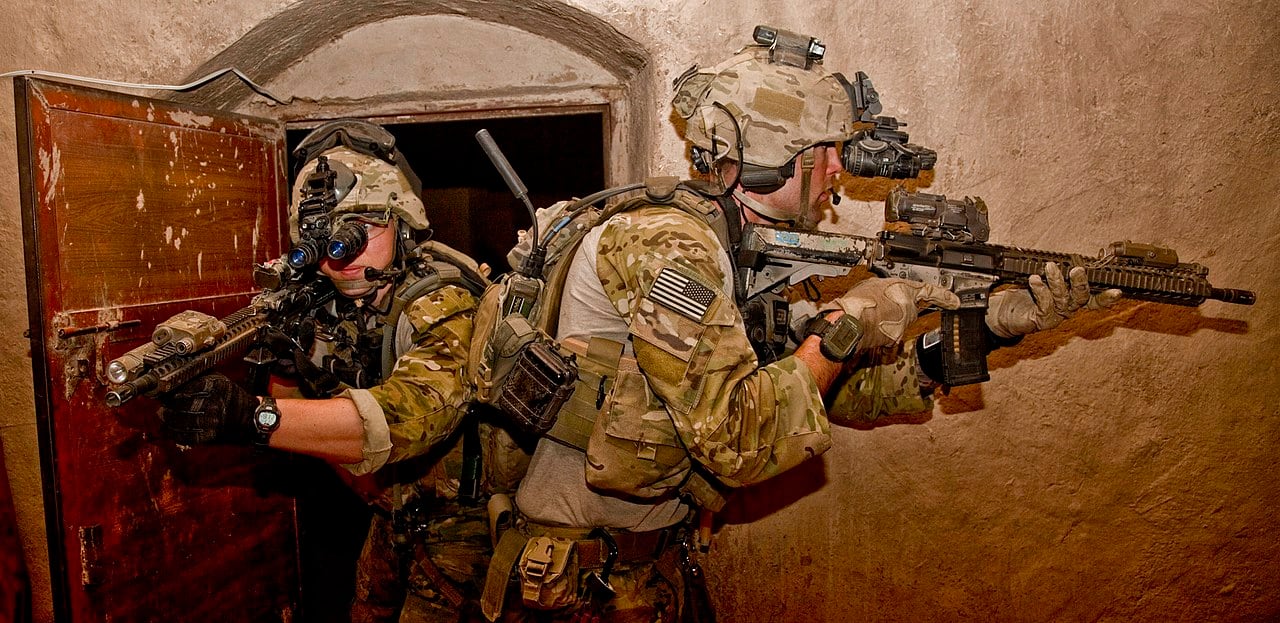While an announcement of a drawdown of several thousand American troops from Afghanistan is expected soon from the White House, the secretary of defense wants to redeploy those forces to the Indo-Pacific region to confront China.
There are currently 13,000 U.S. troops deployed to Afghanistan. During a Monday visit to Kabul, Sen. Lindsey Graham, R-S.C., said President Donald Trump may soon announce a decision to reduce the American footprint in Afghanistan to as low as 8,600 troops.
Defense Secretary Mark Esper told reporters Monday that he has not yet issued any orders to withdraw U.S. forces from Afghanistan, but he explained that a reduced footprint with or without a settled peace agreement with the Taliban was still a possibility.
“I would like to go down to a lower number because I want to either bring those troops home, so they can refit and retrain for other missions or/and be redeployed to the Indo-Pacific to face off our greatest challenge in terms of the great power competition that’s vis-a-vis China,” Esper said Monday.
Esper said he believes the U.S. can reduce the number of troops because the commander of U.S. forces in Afghanistan Army Gen. Austin Miller says he can conduct both the counterterrorism and advising mission in Afghanistan with fewer troops.
RELATED

“We’ll just take this a day at a time and see how things play out in the coming weeks,” Esper said. “This is a conversation that has to be had between me and the secretary of state.”
Lawmakers on Capitol Hill expressed concern Dec. 11 during a House Armed Services Committee Hearing on Syria that the DoD’s focus on Iran and the U.S. Central Command area of operations was sapping resources and attention to rising near-peers and China in the Indo-Pacific region.
Republican Wisconsin Rep. Michael Gallagher told Esper during the the Dec. 11 hearing that in a “resource constrained environment” the U.S. needs to make choices and “Indo-Pacom [U.S. Indo-Pacific Command] should be the priority.”
“We’ll have to assume risk,” Gallagher said.
Esper responded to Gallagher’s concern about the need to focus on China and the Pacific and explained that if he “had to pour concrete in some locations” he would rather “prioritize” Indo-Pacom.
Esper has oft said that China is the Pentagon’s number one priority as outlined in the National Defense Strategy.
But analysts and national security experts have criticized the Pentagon’s inability to pull itself out of Middle East quagmires.
While the U.S. is considering withdrawing troops in Afghanistan, it has deployed 14,000 additional troops over the last six months to the Middle East to confront Iranian malign behaviors.
Esper has hinted that the Pentagon is considering sending more troops to deter Iran in the wake of rocket strikes on American bases in Iraq and attacks on commercial shipping in the Persian Gulf that bear Tehran’s fingerprints.
The U.S. also says Iran is culpable for the September attacks that damaged two Saudi Arabian oil fields.
“The Pentagon can’t seem to shed missions and requirements to better focus on great powers — especially China,” Mackenzie Eaglen, a resident fellow for the American Enterprise Institute, previously wrote in an opinion column for War on the Rocks about near-peer challenges.
“For example, the military is building back up in the Middle East to deter Iran (not a great power by any definition), negating the benefits of a modest troop withdrawal in Syria,” Eaglen wrote.
Trump has long touted his desire to end America’s war in Afghanistan. During a surprise Thanksgiving Day visit to Bagram Air Base in Afghanistan, Trump touted recent success against ISIS militants in the country and announced that peace negotiations with the Taliban had been restarted.
RELATED

Peace talks with the Taliban resumed on Dec. 7 following a brief suspension in September. Trump ended the talks in September following a Taliban-claimed attack that killed a U.S. service member.
Following a brazen but failed attempt to storm Bagram on Dec. 11, Trump’s envoy leading peace negotiations with the Taliban Zalmay Khalilzad said peace talks were taking a brief pause.
“When I met the Talibs today, I expressed outrage about yesterday’s attack on Bagram, which recklessly killed two and wounded dozens of civilians. #Taliban must show they are willing & able to respond to Afghan desire for peace,” Khalilzad tweeted on Dec. 12.
Khalilzad said Wednesday that he just wrapped up two days of consultations in Kabul.
“We’re approaching an important stage in the #AfghanPeaceProcess. Wrapped up two days of consultations in #Kabul. Productive trip,” he tweeted Wednesday.
The U.S. is amid one of its most intense bombing campaigns since the start of the 18-year long war. According to U.S. Air Forces Central Command, U.S. aircraft have released 6,727 munitions as of the end of November.
In 2018, the U.S. dropped nearly 7,400 bombs, according to AFCENT.
Shawn Snow is the senior reporter for Marine Corps Times and a Marine Corps veteran.





